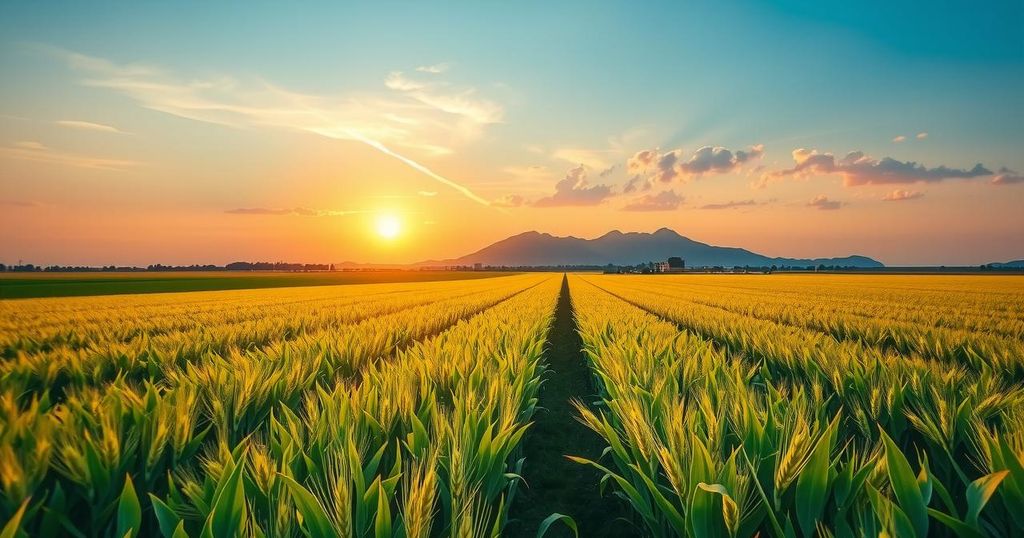Peruvian Farmer Challenges RWE in Landmark Climate Case

Saul Luciano Lliuya, a Peruvian farmer, is pursuing a landmark climate case against German energy giant RWE, claiming they should contribute to protective measures against flooding in Huaraz, Peru. The case, which highlights corporate accountability for climate change, has drawn international attention and may set significant precedents for future climate litigation.
The groundbreaking climate case initiated by Peruvian farmer Saul Luciano Lliuya against the German energy giant RWE resumes today at the Higher Regional Court in Hamm, Germany. This case has progressed over nearly a decade, with judges traveling to Peru to investigate the concerns of Lliuya, a Quechua-speaking farmer from the Ancash region, concerning climate change and its effects on his hometown, Huaraz.
Lliuya contends that RWE, as a significant historic greenhouse gas emitter, should contribute financially to safeguard Huaraz from the impending dangers posed by Lake Palcacocha, which is at risk of overflowing due to melting snow and ice. The farmer estimates the cost for RWE’s share at approximately €17,000, representing 0.5 percent of the necessary protective measures against flooding.
In 2013, after a Carbon Majors Study implicated RWE in 0.5 percent of climate change since the 1850s, Lliuya began his pursuit of accountability. Although an initial lawsuit filed in 2015 was dismissed, an appeal in 2017 was accepted, prompting current hearings that will decide on the admissibility of evidence in the impending trial.
This case is emblematic of a crucial evolution in global corporate responsibility towards climate change. RWE maintains it adheres to governmental emissions guidelines and aims for carbon neutrality by 2040; however, the historical greenhouse gas contributions raise serious questions about corporate accountability. Andrea Tang, a lawyer with Germanwatch, remarked, “Never before has a case of climate justice reached an evidentiary stage,” emphasizing the precedent this case may set for future climate litigation.
Lliuya’s case has already garnered international attention. Having never traveled outside Peru prior to this endeavor, he has successfully brought European experts to assess the risks facing his community. The German judges visited the site in 2022, scrutinizing Lake Palcacocha, amidst extensive media coverage, to evaluate the potential dangers to Huaraz. While Lliuya’s case has progressed, the decision of the judges remains to be seen, particularly concerning the scientific claims presented.
In summary, the climate case against RWE initiated by Saul Luciano Lliuya marks a significant development in corporate accountability regarding climate change. With potential implications for similar global cases, this lawsuit underscores the need for industries to acknowledge their contributions to environmental crises. As this landmark case progresses, it holds the promise of setting important precedents for climate justice and corporate responsibility.
Original Source: www.euronews.com






